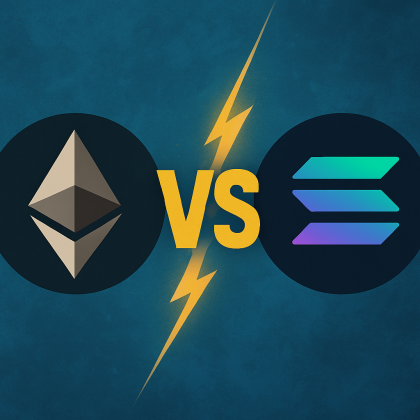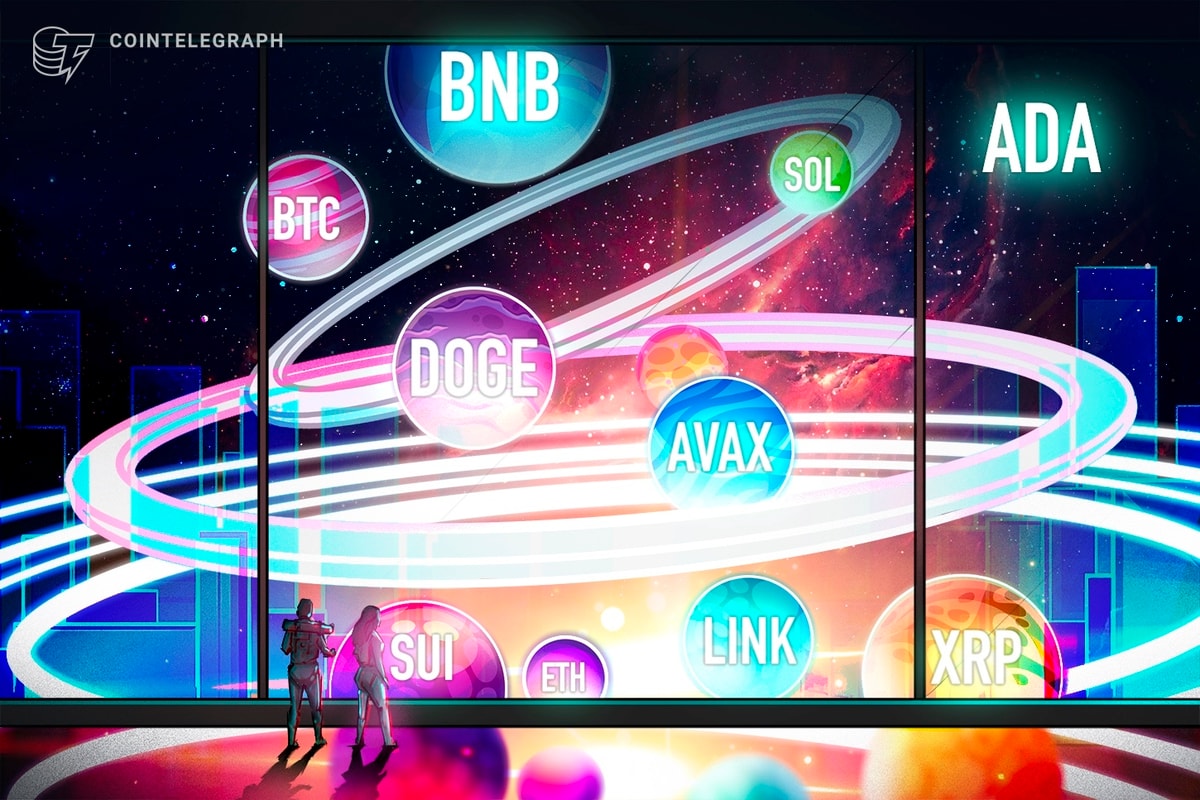Binance Coin, the native token of BSC Chain (BNB) took a different direction from the wider cryptocurrency market on Dec. 26 by surging 11% to reach its highest level in six months. Although BNB initially struggled to break the $300 resistance, the rally successfully closed the market capitalization gap opened by Solana (SOL).

Before Dec. 23, BNB held the position of the third-largest cryptocurrency (excluding stablecoins). However, SOL's impressive 50% gains over seven days changed that. The question now is whether BNB can maintain a market cap exceeding $46 billion to regain its third spot. Both BSC Chain and Solana, despite their decentralization merits, offer fast and cost-effective blockchains that don't exclusively rely on layer-2 scaling solutions.
A significant portion of BNB token's value comes from reduced trading fees and exclusive launchpad offers and services from Binance. Investors initially feared that the exchange would lose market share swiftly after its founder, Changpeng 'CZ' Zhao, pleaded guilty to U.S. Federal charges on Nov. 21. However, this was not the case, at least until the trial concludes and Binance is required to report all trades to a watchdog designated by the Justice Department. Furthermore, Binance's recent settlement with the U.S. Commodity Futures Trading Commission (CFTC) on Dec. 18 further decreased the risk of regulatory shutdown.
Nonetheless, BNB faces selling pressure due to the significant concentration of ownership among Binance's founders and team. The lack of transparency regarding the initial distribution of BNB tokens eroded investor trust, especially after the exchange altered its token burn mechanism over the years. In essence, the initial commitment to buybacks using proceeds from Binance's exchange was replaced by a simple burn mechanism.
Uptick in DApp transactions and volume backs BNB price move
Various valuation models for the BNB token can be created, but none can accurately explain how most market participants assess its benefits and risks. Nevertheless, it is worthwhile to compare how the network performs against competing chains. The effective use of decentralized applications (DApps) on the BNB Smart Chain indicates the demand for the BNB token. Besides Binance's products and offerings, the value of the BNB token largely hinges on its use within the BSC Chain.

BSC Chain currently holds $3.6 billion in total value locked (TVL), which is the sum of deposits in its smart contracts, representing less than 13% of Ethereum's $28.2 billion. More significantly, it falls short of the $4.6 billion held by Ethereum's top scaling solutions, namely Arbitrum, Optimism, Polygon, and Base. While BSC Chain's TVL increased by 25% in the past 30 days, other incumbents like Solana and Avalanche gained 142% and 50%, respectively, during the same period.
When analyzing networks focused on DApp execution, volume should be a primary consideration, along with the number of addresses involved with smart contracts, serving as a proxy for user numbers.

Notice that Ethereum (ETH) and its layer-2 scaling solutions remain unchallenged in terms of volume, accumulating over $46.4 billion in the past 30 days, with Ethereum's base layer responsible for 73% of that volume. In contrast, BSC Chain amassed $4.7 billion in volumes over the same period, representing a mere 6% increase from the previous month. However, when accounting for active unique addresses (UAW), BSC Chain, Solana, and zkSync Era lead the way. This raises questions about whether those numbers accurately represent the truth.
Related: Which crypto figures might be going to prison in 2024?
From a relative standpoint, BSC Chain's 7% growth in the number of addresses engaging with DApps in 30 days is concerning, especially when compared to Ethereum's 12% increase during the same period.
Similarly, Solana experienced a 28% gain in the UAW metric. Therefore, whatever caused the recent BNB price surge is unlikely to be solely attributed to increased activity on the BSC Chain or its TVL increase in comparison to other blockchains. This does not necessarily imply a decline in BNB's price, but unless activity picks up, reclaiming the third position in market capitalization will be challenging.
This article does not contain investment advice or recommendations. Every investment and trading move involves risk, and readers should conduct their own research when making a decision.











